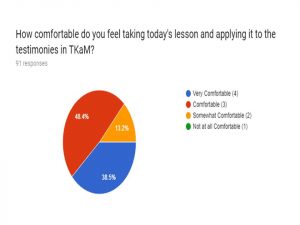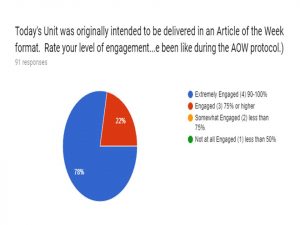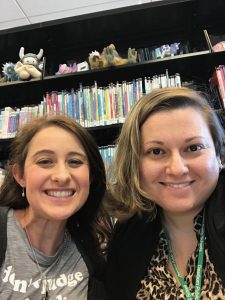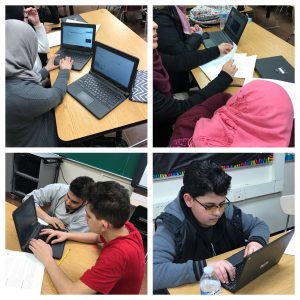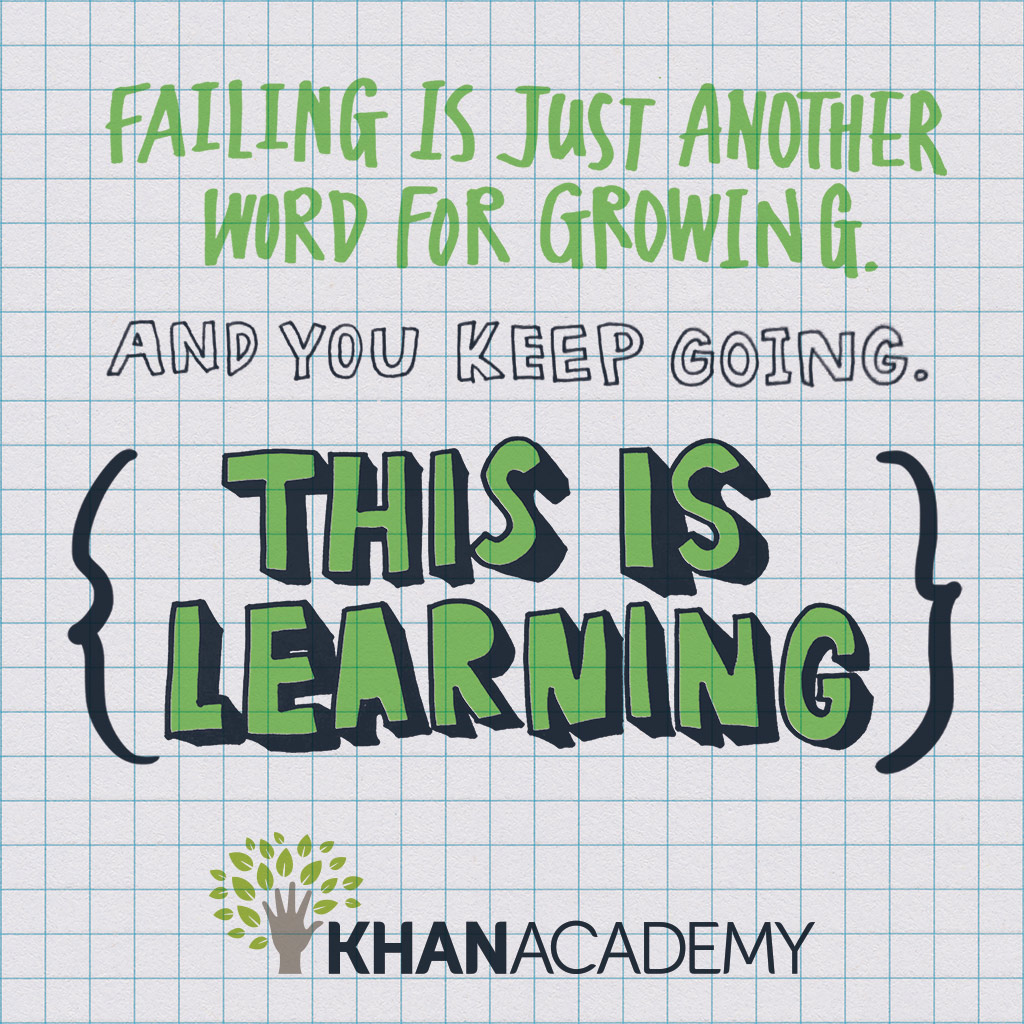Today my students submitted scheduling requests to their counselors for junior year. Some of my students shared that while they want to take AP Language, they are afraid of the work load. For many, this is a legitimate concern – after all, students these days have a lot on their plates. But, for a lot of my students, they just don’t want to do the work – and that’s a shame.
I am reminded of a story a former colleague of mine liked to share at 8th grade commencement. He used to expound on the lessons his grandfather used to teach him about the 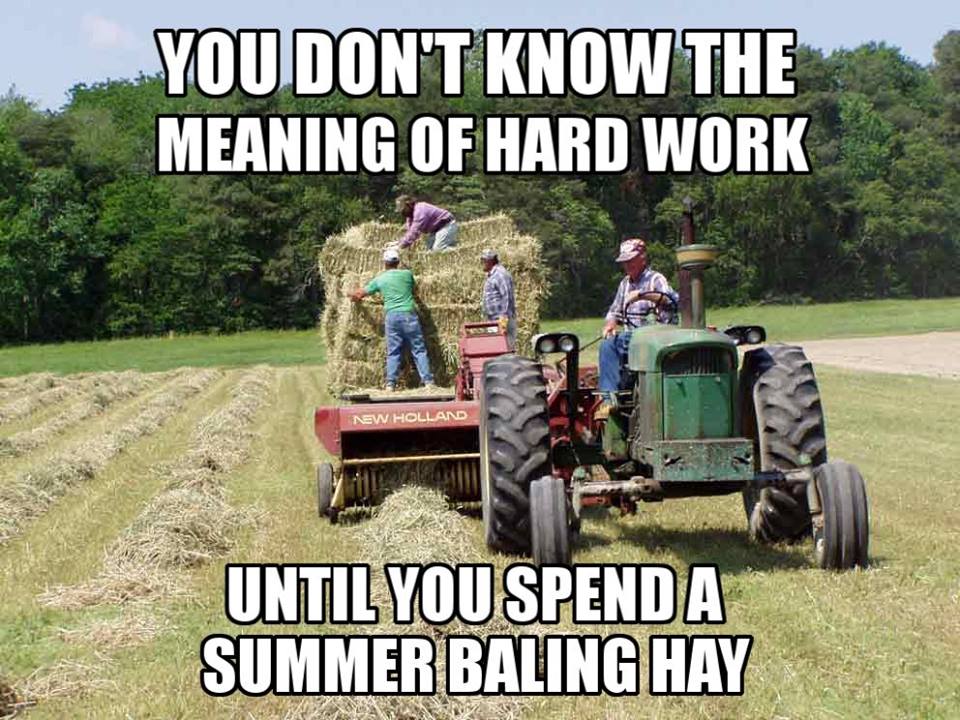 value of hard work. When my colleague was a young man, the same age as the students he was talking to, he lived on a farm. Anybody with any experience having lived on a farm knows firsthand just how much work is entailed on a farm. Being a city girl, I could not relate to the experiences he shared of working on a farm, but I certainly was no stranger to working hard. In fact, at one point during college, I worked three jobs and went to school full-time.
value of hard work. When my colleague was a young man, the same age as the students he was talking to, he lived on a farm. Anybody with any experience having lived on a farm knows firsthand just how much work is entailed on a farm. Being a city girl, I could not relate to the experiences he shared of working on a farm, but I certainly was no stranger to working hard. In fact, at one point during college, I worked three jobs and went to school full-time.
Here’s the thing… kids these days are tired of “When I was in high school…” stories told by the adults in their lives. The comparison is outdated. The truth is, high school IS much different from when I attended, and certainly much different from when our parents attended. To be cavalier about this fact is, frankly, dismissive and insulting to our students.
 A lot of our students ARE busy. As an adult, I can’t help but admire the way our students strive to pack in every last opportunity to experience all that high school has to offer. However, it does come with a cost.
A lot of our students ARE busy. As an adult, I can’t help but admire the way our students strive to pack in every last opportunity to experience all that high school has to offer. However, it does come with a cost.
In a perfect world, each opportunity is chosen by the students themselves. I could go on about parental pressure and societal pressure, but the fact of the matter is, those pressures will always be there. My hope is that students figure out a way to navigate their desires in the midst of all those pressures, because life is too short to march to the beat of another person’s drums. To be busy doing something you love is much easier to handle compared to when you are busy doing something because you feel like you “have” to do it, or when it’s something you feel like is a waste of your time.
Recently a student wrote me a note about how they were struggling with the work load in school. As a teacher, I pride myself on being aware of the many plates my students are juggling.  I don’t believe in “busy” WORK (most of my students know this about me). However, I do believe in taking ownership of the CHOICES we make on a daily basis. The choice to stand in the back of the room and chat with friends, rather than take the time in class to work on annotating skills. The choice to play on your phone, rather than catching up on reading To Kill a Mockingbird. The choice to make excuses about missing work or being tardy, rather than holding yourself accountable. I pride myself on offering students authentic opportunities to engage and develop the skills that will prepare them for their lives after high school. And, because I know how busy you are – and I do not want to waste your time.
I don’t believe in “busy” WORK (most of my students know this about me). However, I do believe in taking ownership of the CHOICES we make on a daily basis. The choice to stand in the back of the room and chat with friends, rather than take the time in class to work on annotating skills. The choice to play on your phone, rather than catching up on reading To Kill a Mockingbird. The choice to make excuses about missing work or being tardy, rather than holding yourself accountable. I pride myself on offering students authentic opportunities to engage and develop the skills that will prepare them for their lives after high school. And, because I know how busy you are – and I do not want to waste your time.
Even though I am not a high school student, I understand being busy. Outside of teaching, I am learning a new curriculum for ELLs. I am taking two graduate classes in pursuit of my ESL endorsement. I am trying to find more ways to incorporate technology effectively in instruction (a passion of mine). I am teaching ASAP after school twice a week. I am on the leadership team. I am in the stands, on the bleachers, or at the play supporting my students outside of the classroom. I could go on, as our students might, about everything I have to juggle, on top of, or outside of, my responsibilities at work, but you get the idea.
The thing is, we have to make it easier on ourselves – and the EASIEST way to do so, is by making fewer excuses – and making better choices.
Don’t get me wrong. I do it too! There I days I CHOOSE to 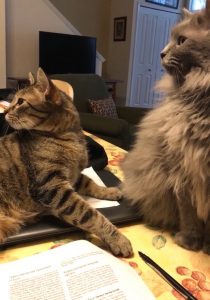 binge-watch Grey’s Anatomy for the third time, instead of writing my grad school paper. There are days, when I CHOOSE to spend time toggling between various social media apps (who waits for notifications?!), instead of working out. There are days when I CHOOSE to spend time with my cats, instead of grading papers.
binge-watch Grey’s Anatomy for the third time, instead of writing my grad school paper. There are days, when I CHOOSE to spend time toggling between various social media apps (who waits for notifications?!), instead of working out. There are days when I CHOOSE to spend time with my cats, instead of grading papers.
Sometimes we need to take a break from being busy. But, as an adult, I am aware that some choices come with a price – and sometimes that price is feeling stressed and overwhelmed.
And, if I am honest with myself, then I know that I could make better choices – manage my time better so that I could plan for how I am going to juggle all the things I have on my plate.
I guess the point of this blog is to let my students know that while I understand where they are coming from, I, too, have a choice. And this is what I choose: I choose to believe in accountability, believe in committing to high quality work, and believe in your potential. What I will not choose to do is accept excuses. Because in doing so, I will have failed in my responsibility as your teacher. I believe in work worth doing – and I will not waste your time. You shouldn’t either.
CHOOSE wisely.
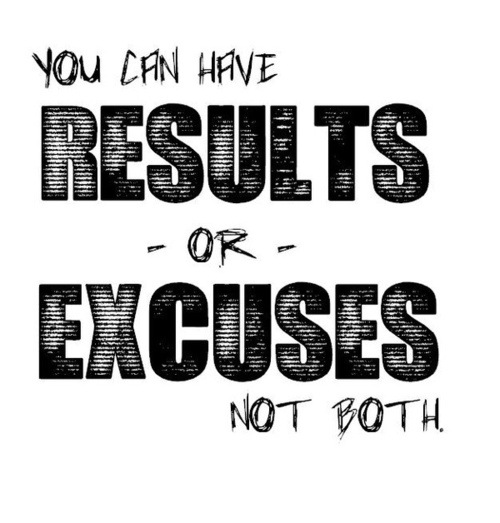
P.S. For advice on how to manage your busy schedule, I recommend this article or this old blog post of mine.


